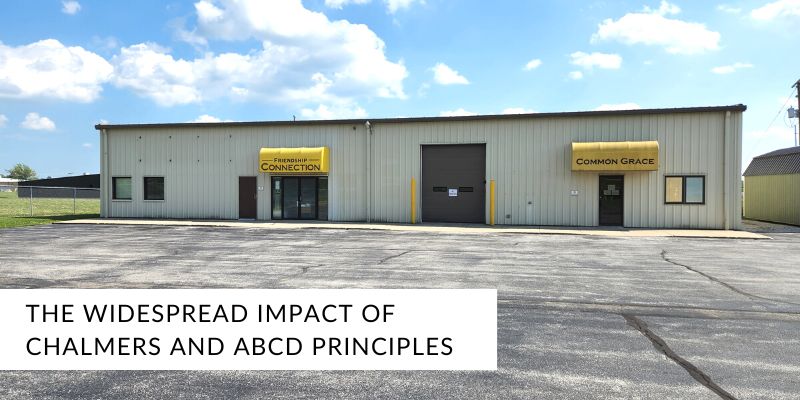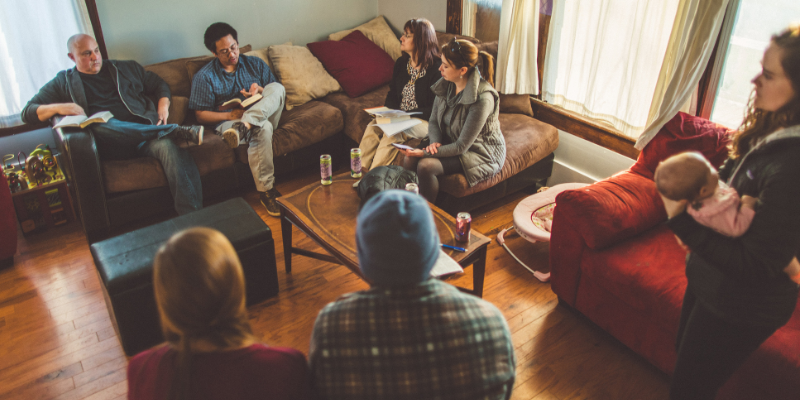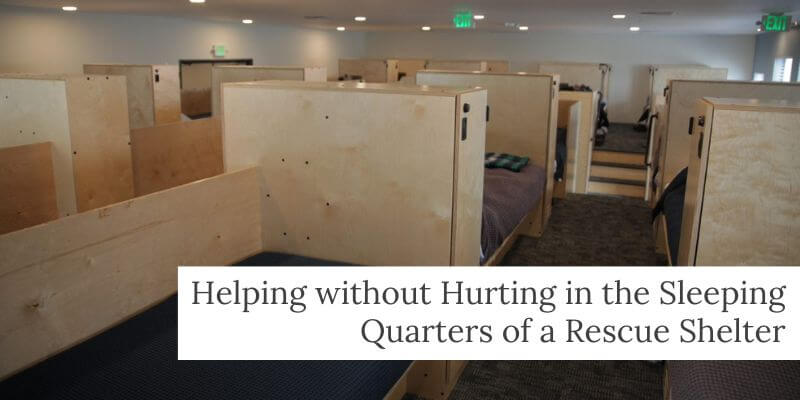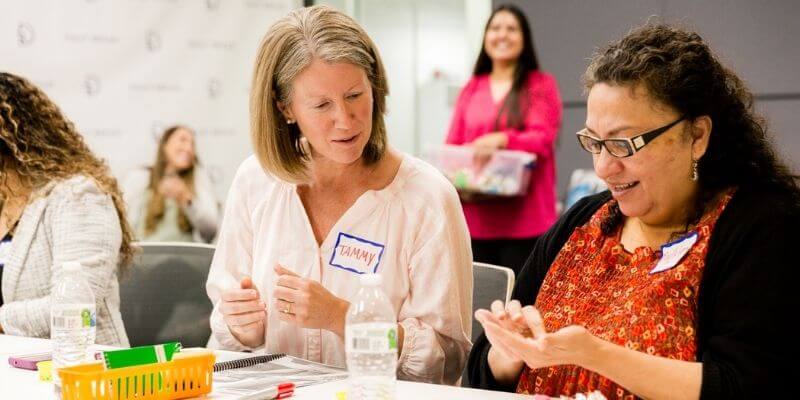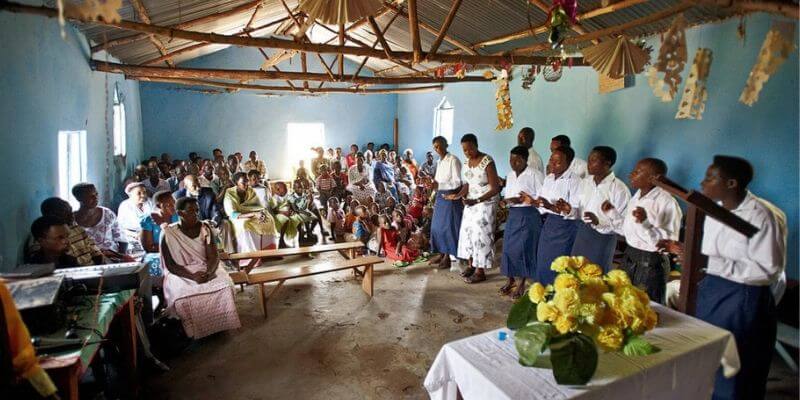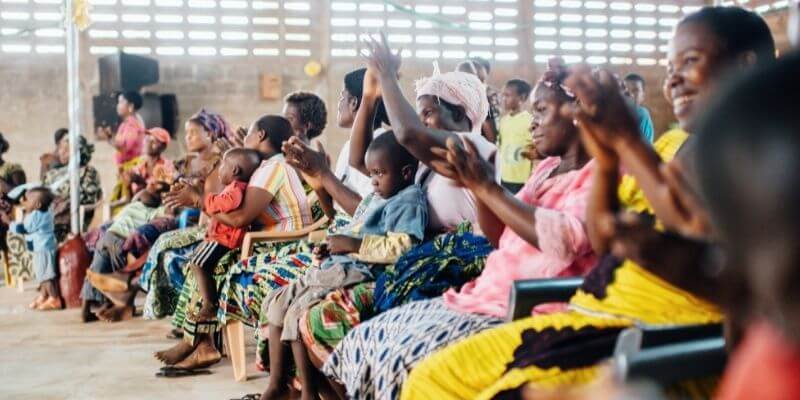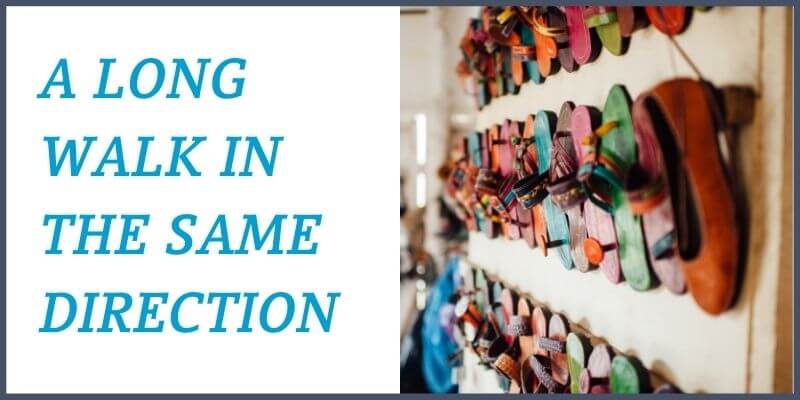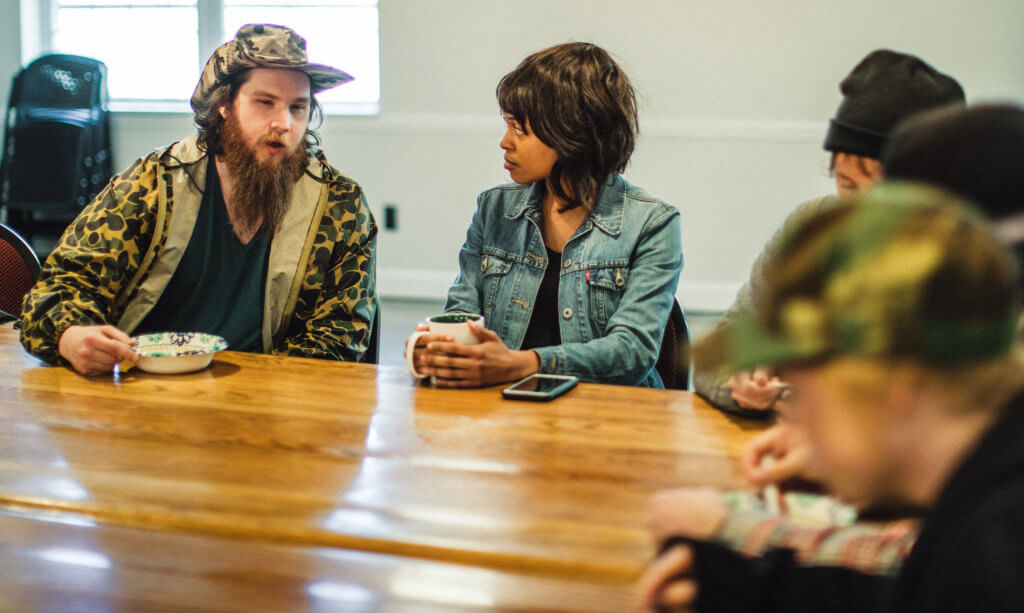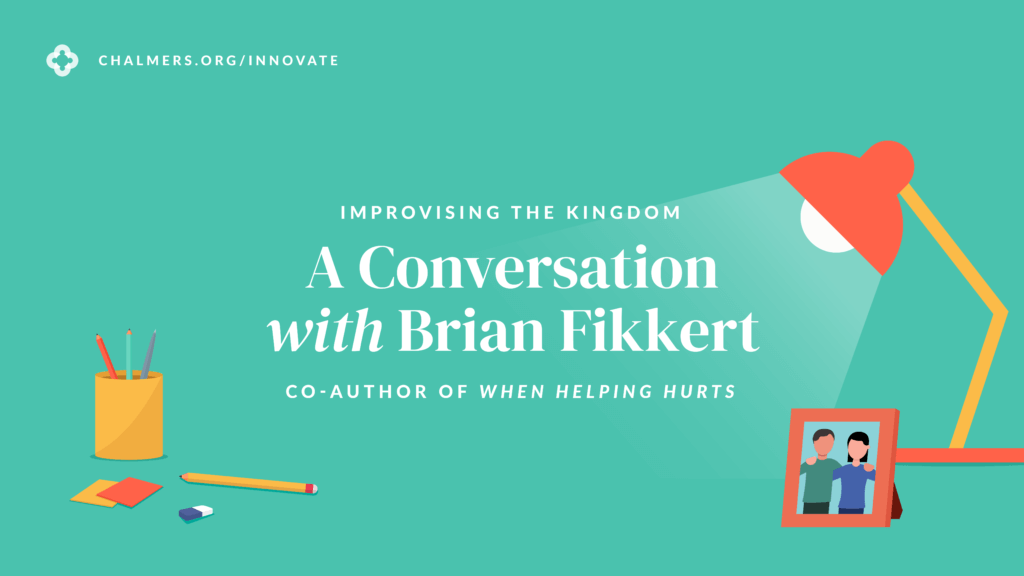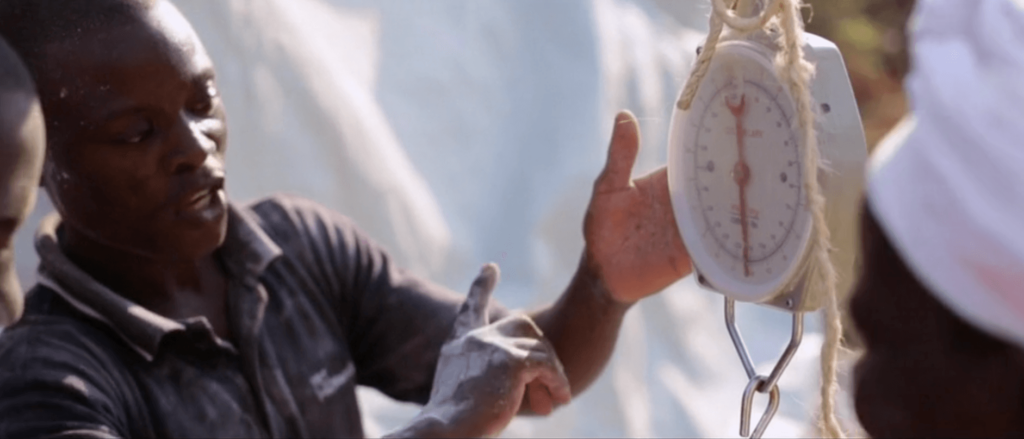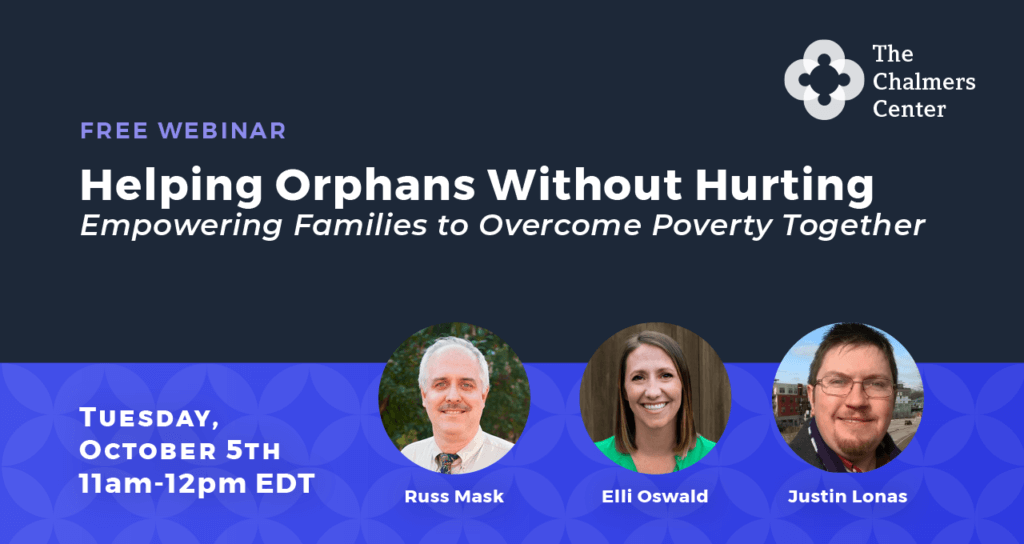Search
Categories
Tags
Posts in “Helping Without Hurting”
The Widespread Impact of Chalmers and ABCD Principles
One of Angie’s primary takeaways from When Helping Hurts was the concept of Asset-Based Community Development. For the first time, they started to look for the assets in their community before looking for what was missing.
Facilitation as Reconciliation: Adult Education and Poverty Alleviation
Many poverty alleviation ministries include some type of training for their participants. Of course ministries would want to provide instruction in skills and habits that lead to long-term growth out of material poverty! But we have to be careful—a lecture-based teaching style in which the teacher tries to pour content into students’ brains is not only ineffective but can be harmful in the space of poverty alleviation.
Faithful Presence: Why “Hanging Out” Is Vital to Long-Term Development
Adapted from When Helping Hurts, 75-79. Defining poverty alleviation as the reconciliation of people’s four key relationships with God, self, others, and creation shapes the methods our churches or ministries should use to achieve that goal, with major implications for how we choose, design, implement, and evaluate our efforts. Because every one of us is…
Helping without Hurting in the Sleeping Quarters of a Rescue Shelter
A story of transformation from one of our partner ministries. When Sylvia Anderson took an interim position at Everett Gospel Mission in Northwestern Washington, she didn’t expect to still be there 20 years later. But the Lord showed her something beautiful about the opportunity to integrate her faith and work in a meaningful way. Today…
The Five Causes of Poverty—Part 1: Stories
Adapted from A Field Guide to Becoming Whole, 17-19, 50-52. Poverty alleviation is fundamentally about transformation—about walking alongside people and communities who are materially poor as they move to a better situation than their present one. Doing this effectively requires us to know where we are trying to go and how we can get there….
Short-Term Missions that Avoid Long-Term Harm—Part 2
Adapted from Helping Without Hurting in Short-Term Missions: Leaders’ Guide, 7-11. Last week, we shared some cautions about the real harm that poorly-thought-through short-term mission efforts can cause. This is a real issue with real-world consequences. We can’t emphasize enough that churches and ministries from wealthy countries need to work hard to ensure that they…
Short-Term Missions that Avoid Long-Term Harm—Part 1
Adapted from Helping Without Hurting in Short-Term Missions: Leaders’ Guide, 29-31. Much international travel, particularly to and from countries with limited healthcare infrastructure, has been on hold for the past 2 years due to the Covid-19 pandemic. As short-term trips begin to become a possibility again, it’s important to remember some best practices for short-term…
Skin in the Game
Adapted from A Field Guide to Becoming Whole, 113-115. One of the most challenging elements of any poverty alleviation effort is identifying people who are truly ready to change. If the goal of poverty alleviation is spirit-led transformation—seeing people restored to who God created them to be—it’s important for us to recognize that sustainable, long-term…
A Long Walk in the Same Direction
Adapted from A Field Guide to Becoming Whole, 107-112. When followers of Jesus describe our relationship with God, we often use the language of a “walk with God” or “Christian walk.” That’s because spiritual growth is not a sudden jolt into greater maturity. Instead, it’s the patient outworking of the Spirit of God in our…
Helping Without Hurting in Financial Partnership
The Chalmers Center’s Founder and President Brian Fikkert was recently interviewed on the Finish Line Podcast on the topic “When Helping Hurts in How We Give.” The Conversation covered many themes from When Helping Hurts and Becoming Whole—including understanding when to apply relief, rehabilitation, and development in poverty alleviation as well as how to flip…
The Art of Conversation in Poverty Alleviation
Listening is different from simply hearing. We can all think of times when we heard someone tell us something, but because we weren’t listening, we didn’t really process what the speaker was saying in such a way that we were able to respond well or act on it.
Discovering Care for Community Partnership
Often, doing the work of finding out what people care about is “success” in and of itself, because it demonstrates commitment to people and places and focuses on mobilizing existing resources rather than bringing in just one more outside program.
Listening and Learning
When you prioritize listening to people you hope to serve, you’ll discover that there is a lot going on in every community already. You’ll see that God really is at work, and people really do have good ideas of what they want for their families and their future.
Watch Now: Improvising the Kingdom
Chalmers’ Founder and President Brian Fikkert and Director of Innovation Tabitha Kapic hosted a conversation on February 16 around how to apply a biblical framework for poverty alleviation to improvise God’s kingdom and foster real change in your community. — Want to learn more? Unleash your church or nonprofit to create a new or…
Video: Participation *Is* Development
Getting everyone involved in a ministry initiative isn’t just a means to sustainability, but the heart of healthy, transformational development. Researchers and practitioners have found that meaningful inclusion of materially poor people in the selection, design, implementation, and evaluation of any poverty alleviation effort increases the likelihood of its success. Unfortunately, we often pursue approaches…
Helping Orphans Without Hurting: Video and NEW Online Course
We recently hosted a webinar to talk about how strengthening families through savings and other financial services can address the material poverty at the root of most family separation. Watch a recording below: This conversation is the latest in a series of posts on the topic of learning how to provide better care for orphans…
Free Webinar: Helping International Orphans Without Hurting
Caring for orphans and vulnerable children is a foundational way the church expresses Christ’s love to the world (James 1:27). How we seek to help them makes a world of difference. Empowering families through household economic development can help us do this well over the long haul, strengthening families, churches, and communities to address the…
How to Best Help COVID Orphans
One million children worldwide have lost a primary or secondary caregiver during the COVID-19 pandemic. What can Christians do?


